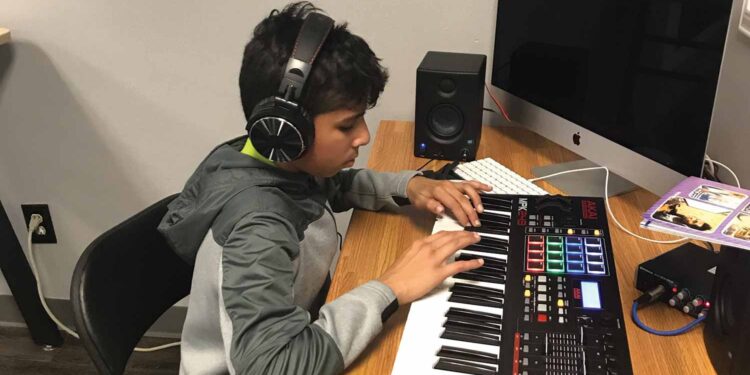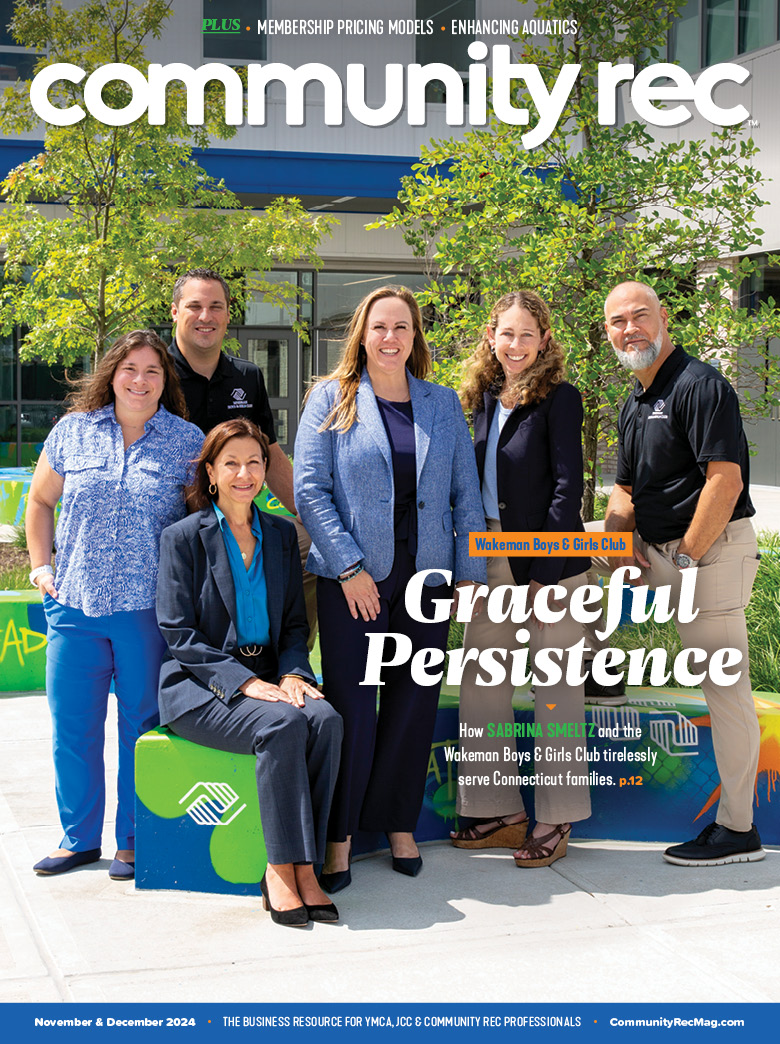The Irving Family YMCA’s STEM Night Out program allows kids an opportunity to grow their knowledge of STEM.
STEM is a curriculum based on the idea of educating students in four specific disciplines — science, technology, engineering and mathematics — in an interdisciplinary and applied approach. STEM education is constantly evolving.
The Irving Family YMCA located in Irving, Texas, now provides a space outside of school to allow their youth the opportunity to demonstrate practicum skills, and to begin to understand how the four components of STEM integrate in everyday professions through their STEM Makerspace.
“This STEM Makerspace becomes the place for students to explore the idea of STEM and how it is used daily,” said Dr. Tonjia Grimble, the youth development director at the Irving Family Y. “The activities this space can provide our youth makes the learning process fun and engaging.”
The program holds monthly STEM Night Out events for kids ages nine to 14. Kids participate in about a two-hour STEM workshop where they are provided pizza and STEM instruction. They only take 20 participants for each workshop to maintain the quality of the program. In past workshops, some kids explored Forensic Science, analyzing and lifting fingerprints from various objects. Other STEM Night Outs have featured navigating robots for Robot Wars.
“We started our first workshop in January 2020 and are experiencing an increase in participants registering daily,” said Dr. Grimble. “The workshops are designed to be affordable for the community and encourage those students not already participating in a STEM component in the school system.”
Keeping the program affordable was a goal for the Y. “During our Annual Campaign, we showcase the need for contributions designed to allow us to provide scholarships for participants, additional funding for experts and community partners, and quality STEM instructors to ensure we deliver the best curriculum and learning experience,” said Dr. Grimble.
The Irving Family Y believes the benefits far outweigh the costs, as the experiences are often related to classroom instruction students may encounter.
For example, Dr. Grimble said coding robots may require students to apply right or acute angles, instructions they learn in the classroom, but may never be taught how it could be used for innovation or problem-solving. “Another benefit is the interaction with field experts in the field who are commonly using the STEM disciplines on a regular basis,” said Dr. Grimble.
According to the Bureau of Labor Statistics, by 2024 the U.S. is projected to create 2.4 million STEM jobs. Because of this, Dr. Grimble said it is critical to provide the fundamentals for students. Other community rec centers having a STEM Makerspace would allow for a fun learning environment outside the classroom free from pressure to perform or stress of testing.
As community rec professionals, it is important to share a real-world application concept to ensure the educational connection. After all, kids can’t be what they can’t see.










